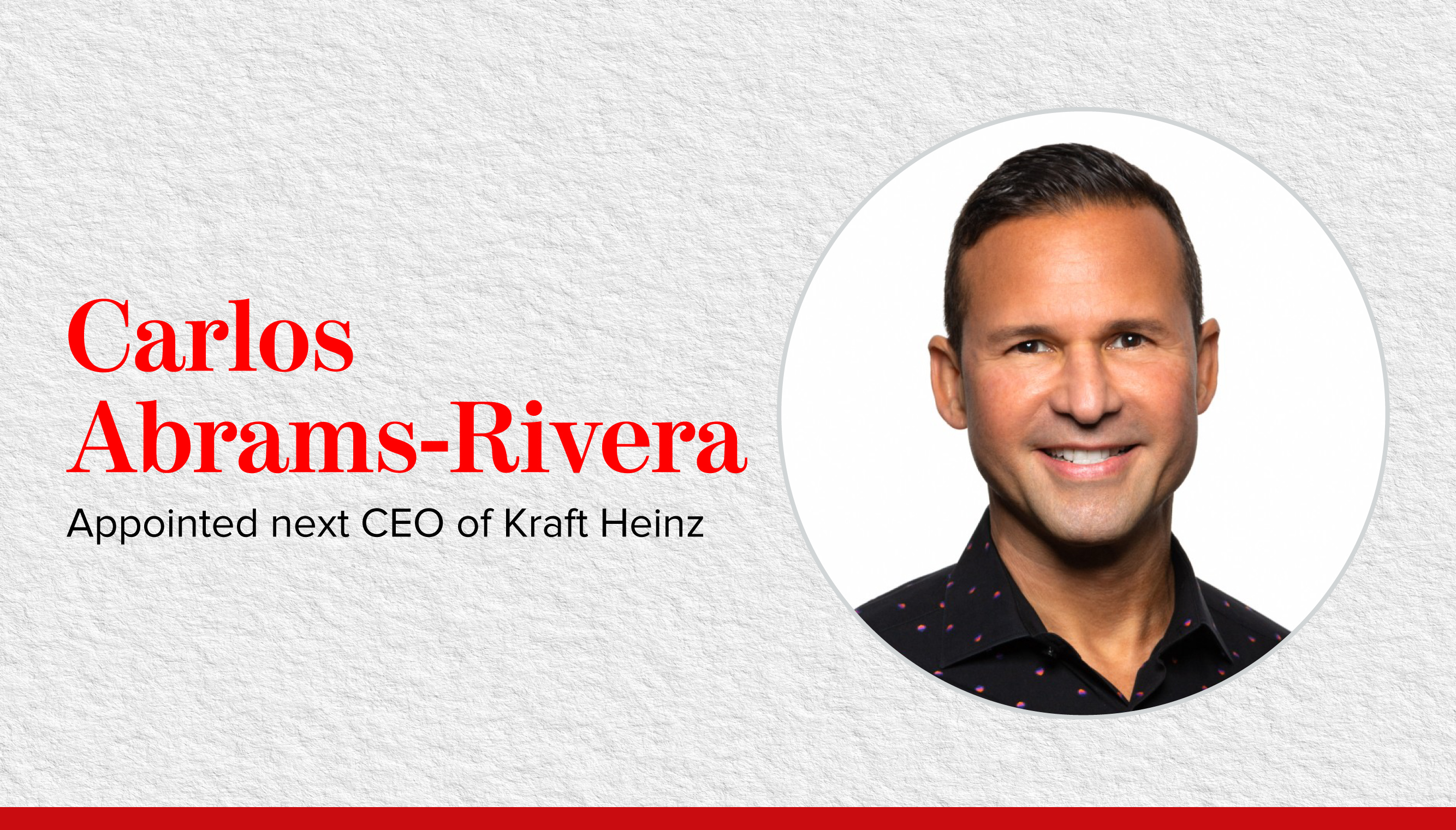
2021 AL DÍA 40 Under Forty Honoree: Monet L. Reilly
At the upcoming AL DÍA 40 Under Forty event on Aug. 27, Monet L.Reilly will be one of the 40 honorees.
The second annual AL DÍA 40 Under Forty event will serve to highlight and showcase some of the most diverse and impactful young professionals across the Philadelphia region.
At the event, taking place on August 27, 2021, Monet L. Reilly will be one of the 40 honorees. Currently, she is a UniServ Representative at the Pennsylvania State Education Association.
Monet L. Reilly joined the Pennsylvania State Education Association in July 2019, currently serving as a Uniserv Representative. In her role, she represents the labor, policy and professional interests of public-school teachers and education support professionals from K-12 throughout the Commonwealth of Pennsylvania. Prior to joining PSEA, Reilly managed family-school relations as a Family Coach at Agora Cyber Charter School for nearly five years. During her time at Agora Charter School, she founded and became the first president of the Agora Cyber Professionals Association (ACPA), a union committed to securing fair working conditions for professional staff.
RELATED CONTENT
Reilly is a graduate of Villanova University, where she earned her bachelor’s degree in public relations, advertising and applied communication.
Approximately five percent of Pennsylvania’s teacher workforce are teachers of color. This creates two diversity challenges in terms of educational labor, one related to teachers of color-union membership and the other in terms of labor staff-representation; that is because active teachers-union members make-up the majority of the candidates in the pool from which we draw labor representatives. As a result, we have to take an intentional, multifaceted approach to increasing workforce diversity. I recommend three steps: prepare teachers of color to take on a more active role in their local union associations; train them in the fundamentals of unionism and governance; and educate them on what opportunities are available within the field of labor representation. In regards to equity and inclusion, it is important to recognize teachers of color-union members sometimes do not have the same opportunities and access to information surrounding entering the field of becoming a labor representative. A step to further equal access would be to offer paid apprenticeship programs to help remove said barriers. My experience as an Associate UniServ Representative, an educational labor representative in-training program, prepared me for my current role, gave me the necessary access to resources, and aided me in becoming the first black woman UniServ Representative in my organization.
Recruiting, empowering, and engaging teachers of color is critical, because it is important our members interact with diverse staff who bring a different perspective to issues and whose varied experiences might offer new insights to old conversations.
A leader understands the mission and creates the best circumstances for the group's success. To be a leader is to recognize that it is not about you, but about the work and all the people who help do it. A large part of that means building teams who share in the mission and putting them in the best position to be successful. Whether that’s providing them with training opportunities in-and-outside of your organization, ensuring they have unique learning experiences, and taking their ideas and contributions seriously. One of the best leaders I knew lifted as she climbed, and committed to making sure her team had the skills to step into her position at any moment. She did not fear competition; instead, she embraced the idea of having competent and well-equipped personnel prepared to lead on their own.
I strongly believe in the idea that “our lives are defined not by what we do for a living, but rather what we do while we are living.” From this perspective, I am committed to a long term effort of cultivating diversity in Pennsylvania’s teacher workforce by developing programs like Mirrors in Education, a non-profit project working to increase the presence of educators of color in school districts in which they are underrepresented, and nurturing partnerships with organizations such as the Pennsylvania Educator Diversity Consortium. Finally, I am committed to creating opportunities, and policy change so that black and brown students are able to see mirrors of themselves represented among educators and administrators in their schools.











LEAVE A COMMENT:
Join the discussion! Leave a comment.